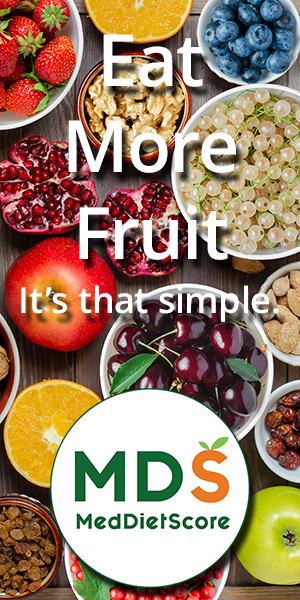
Which is more important: the amount of Vitamin K in your diet or whether it is consistent?
With total vitamin K set at 80-120 micrograms, how do you calculate this? Is it as adding up the amounts in different foods and their quantity, or are there factors for what the body can metabolize vs. input?
My wife unexpectedly had to get a pacemaker this past weekend. We are trying to read everything we can, but there are many contradictions in opinions; I felt like you would be a great source, since you know both sides of the issue.
Our cardiologist is a great guy and we both trust him (I used him first), but he said you had to quit this and that, but most of those are the things that we used to trim up our waist lines and get "fit". I think consistency is more important than what you eat that contains vitamin K.
The Health meets Food Team Says...
It is true that are factors other than simply the amount of Vitamin K you consume that can have an effect on its availability in the blood stream. For instance, many of the bacteria in your intestines create Vitamin K and taking antibiotics that change the balance of those organisms can have an effect on Coumadin® (warfarin).
That said, those factors are generally exceptions to the rule and we know from recent research that consistent intake of Vitamin K is the key. The research supports that eating too low an amount of Vitamin K can cause as much variation in the INR as eating variable amounts of foods that are high in Vitamin K. Here's a column I wrote about The Right Dose of Vitamin K that will help you understand what the right daily amount of Vitamin K is and why.
It's pretty easy actually. Most folks do well using Mediterranean style diet principles and being careful with eating foods that are very high in Vitamin K.
There are three free lists on the website based on increasing levels of detail about the Vitamin K content of foods. You can use these to estimate the amount of Vitamin K in the foods you are consuming, adding them up to reach the target RDA of 70-80 micrograms of Vitamin K per day. Planning your meals ahead of time can help with this immensely.
Brief : A short list of commonly-used foods with their relative Vitamin K levels (Low, Medium, High)
Medium : A much longer list of foods, with their relative Vitamin K levels (Low, Medium, High)
Extensive : The same longer list as the Medium document, but with exact levels of Vitamin K in mcgs.
Reviewed 08/21/2022
Ask Health meets Food
It’s easy to get answers about health and nutrition! Just send your question by email to [email protected] and the team will respond to selected questions of general interest. Answers will be posted on the website and archived in the Ask Health meets Food section of the website.
Please note that the Ask Health meets Food feature is restricted to questions regarding food and nutrition. Due to the many questions we receive, not all questions may be answered. For more specific questions about your individual health, please contact your doctor.



